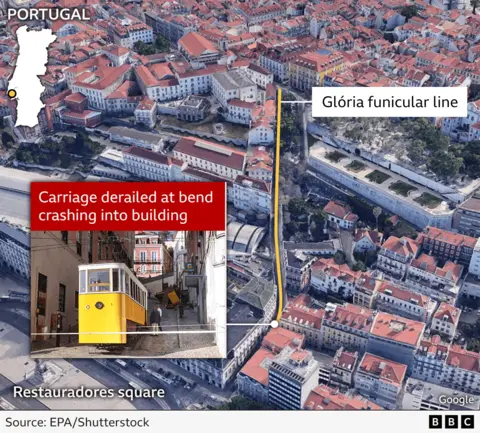While the Spanish government has begun investigations, the specifics about what led to the abrupt loss of 15GW of power—approximately 60% of the demand—are still not clear. Both Prime Minister Pedro Sánchez and Prieto stated that there are no indications of excessive renewable energy being at fault, despite an initial surge in solar power generation in the southwest of Spain around the time of the incident.
Experts theorize that the sudden disconnection could be linked to stability issues in the electric grid, which may have triggered cascading failures among various supply sources. As electricity grids constantly balance supply and demand, any significant frequency changes can lead to malfunctions in connected systems. Prof. Hannah Christensen from the University of Oxford noted the role of renewable energy’s intermittency, adding that operational protocols should have mitigated the risk of an outage under normal conditions.
There are also concerns regarding the electrical interconnections between Spain and France, often referred to as an "electricity island" due to its limited ties to the larger European grid. The efficacy of interconnection technologies may have also contributed to the incident.
An unrelated report suggested unusual atmospheric conditions might have caused the failure in electrical synchronization, but the Portuguese grid operator later refuted this theory. As investigations proceed, the incident emphasizes the complexities and vulnerabilities inherent in modern electrical grid systems, particularly in contexts relying heavily on renewable energy sources.
The government aims to analyze the findings thoroughly to prevent similar outages in the future, stressing both regional coordination and the evolution of their power generation systems.
Experts theorize that the sudden disconnection could be linked to stability issues in the electric grid, which may have triggered cascading failures among various supply sources. As electricity grids constantly balance supply and demand, any significant frequency changes can lead to malfunctions in connected systems. Prof. Hannah Christensen from the University of Oxford noted the role of renewable energy’s intermittency, adding that operational protocols should have mitigated the risk of an outage under normal conditions.
There are also concerns regarding the electrical interconnections between Spain and France, often referred to as an "electricity island" due to its limited ties to the larger European grid. The efficacy of interconnection technologies may have also contributed to the incident.
An unrelated report suggested unusual atmospheric conditions might have caused the failure in electrical synchronization, but the Portuguese grid operator later refuted this theory. As investigations proceed, the incident emphasizes the complexities and vulnerabilities inherent in modern electrical grid systems, particularly in contexts relying heavily on renewable energy sources.
The government aims to analyze the findings thoroughly to prevent similar outages in the future, stressing both regional coordination and the evolution of their power generation systems.




















